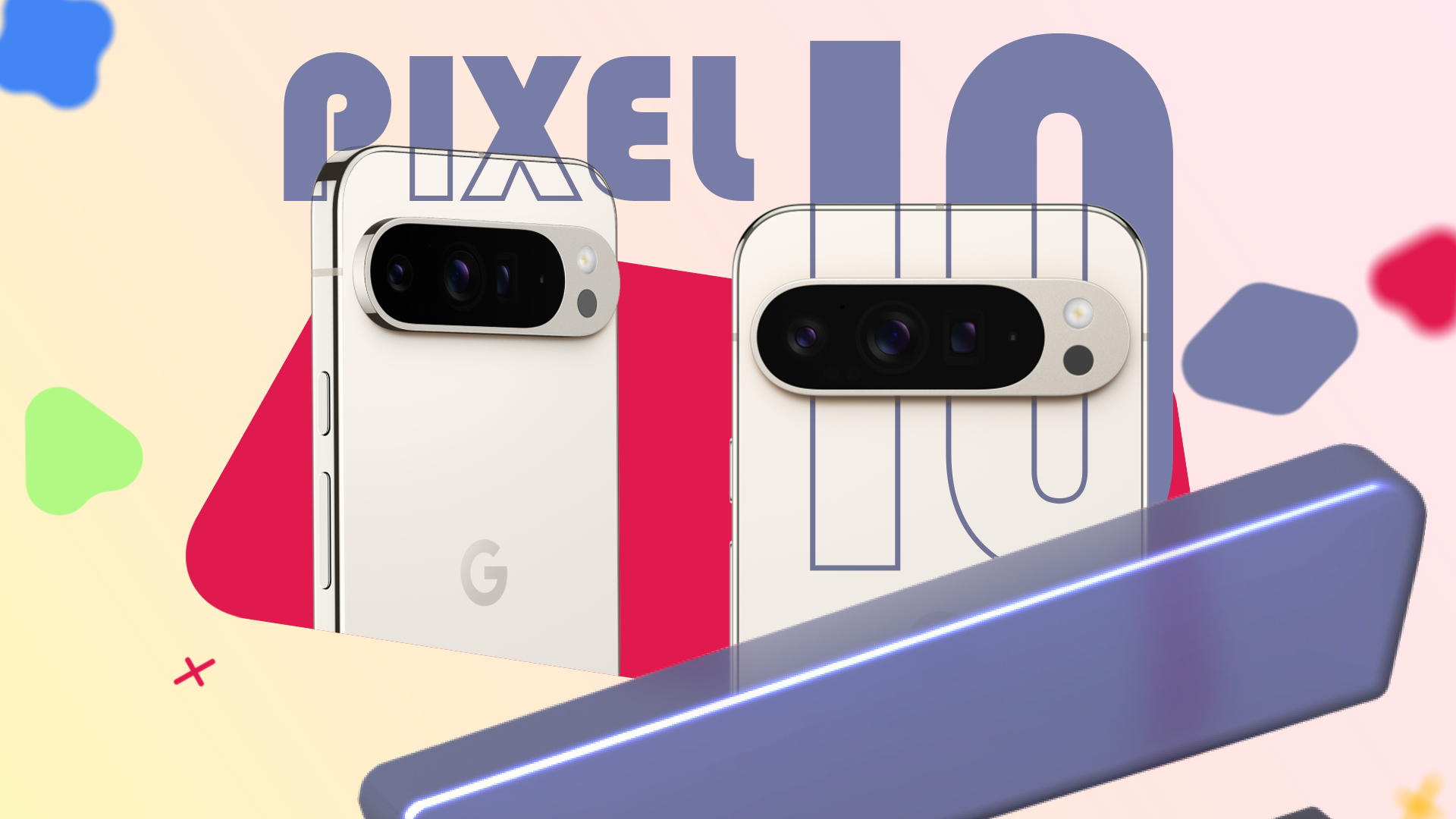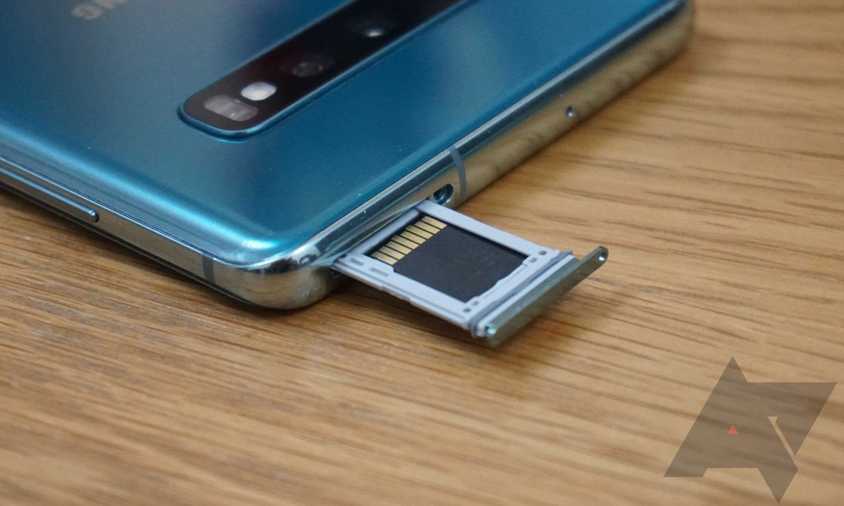The Pixel 10 is coming, and the trickle of leaks has turned into a flood.
Rumors suggest that the Pixel 10 won’t see a price change compared to the Pixel 9, and we’ve seen a leak of all the colors you can expect on the new devices (surprise, it’s more of the same!).
Overall, few details are missing about Google’s next flagship phone lineup.
However, I’m unlikely to buy the Pixel 10 or recommend it to anyone else based on the current information.
My Pixel 8 is trucking along just fine, and if I were to buy a new phone, Motorola’s new Razr devices and Nothing’s 3-series phones have caught my eye.
Nevertheless, I have a wish list for features the Pixel 10 should have, using its rival Samsung as inspiration.
Gemini Space without the mistakes
It wouldn’t be hard to improve on Samsung’s ideas
There’s no point wishing Google would scrap its headlong rush to cram Gemini into all its features. What we can wish for is that its AI tools will work, and are designed to fix existing problems rather than imaginary ones.
This is a big ask, but Samsung’s Now Brief and Now Bar walked, so Google’s Gemini Space can run. In brief, Now Brief and Now Bar are AI tools that provide relevant suggestions, information, and actions without needing a prompt.
The issue is that Samsung implemented this feature in such a haphazard way that you’ll struggle to find it useful unless you need to check sports scores and have your hands tied behind your back and duct tape over your mouth.
The concept of Now Brief and Now Bar is great. There’s plenty of information AI could dredge up on the go to make my life easier.
For example, AI could see that I bought a train ticket by scanning my emails, then alert me if any delays would affect my arrival time at the station.
Samsung’s Now Brief and Now Bar don’t do anything near as useful.
If Google wants to convince me that the Pixel 10 is worth the upgrade (and that I should use Gemini in the process), then it should learn from Samsung and implement an effective alternative to its rival’s AI features.
Fortunately, the rumors indicate that Google is implementing an alternative to Now Brief. The signs indicate a resurrection of Google Now with a Gemini upgrade.
If Google manages to pull it off, the Pixel 10 could mark the biggest software upgrade for its phones in years.
A comprehensive display upgrade
More attention is needed on practical upgrades
Pixel phones have never disappointed us with their display, but neither have they pushed the boundaries of what our smartphone displays could be capable of.
One rumor about the Pixel 10 is that it will boast a 10% brightness boost over the Pixel 9. However, this feels like an unnecessary improvement as the display on the Pixel 9 is already bright enough.
Rather than obsessing over incremental improvements to an already effective feature, I hope that Google has taken a broader approach to the Pixel 10’s display.
I particularly want it to learn from Samsung, which implemented an unbelievably effective anti-reflective display on the Galaxy S25. The Galaxy S25’s display upgrade is my favorite kind of upgrade.
Rather than appealing to Android fans who love to dive into the specs and details of each feature, it appeals to everyone.
The phone handles direct sunlight with ease, and it can survive drops up to 2.2 meters.
The Pixel 9’s display shows that Google has taken a renewed interest in upgrading its displays. It’s a huge improvement over the Pixel 8, but there are still clear areas of improvement.
True Tone would be another useful upgrade, while DC dimming and color tuning would be undeniably effective.
But it’s the Galaxy S25’s drop-resistant, anti-reflective display I hope Google has taken inspiration from.
It’s time for Google to rethink its approach to AI
I’ve ignored Google’s implementation of generative AI on its smartphones to no detriment to my daily life. I’ve regarded Gemini as a nice feature to have, but not useful in my day-to-day life.
However, Nothing proved to me that AI can be an essential companion in your life. Rather than the scattershot approach Google has taken, Nothing identified pain points and then implemented AI to solve these problems.
It’s changed my view on AI in smartphones, something Google has failed to do for years.
Samsung had good ideas for its S25 series, but it didn’t know how to implement them. Google has had plenty of time to learn from its rival’s mistakes and build on the lessons it’s learned from its existing implementations of Gemini on Pixel devices.
If these are paired with useful display upgrades, the Pixel 10 would be a clear upgrade over the Pixel 9.






… [Trackback]
[…] Find More here on that Topic: geeksforgeeks.org/my-pixel-10-wish-list-what-samsung-gets-right-and-google-should-copy/ […]